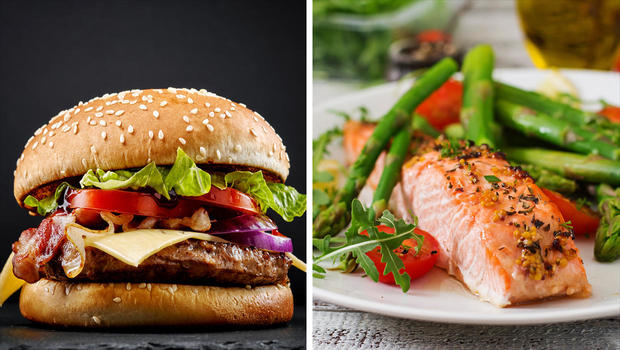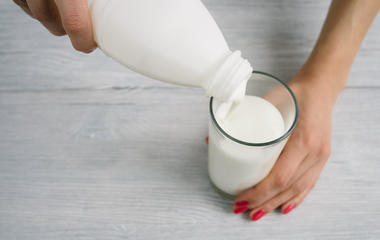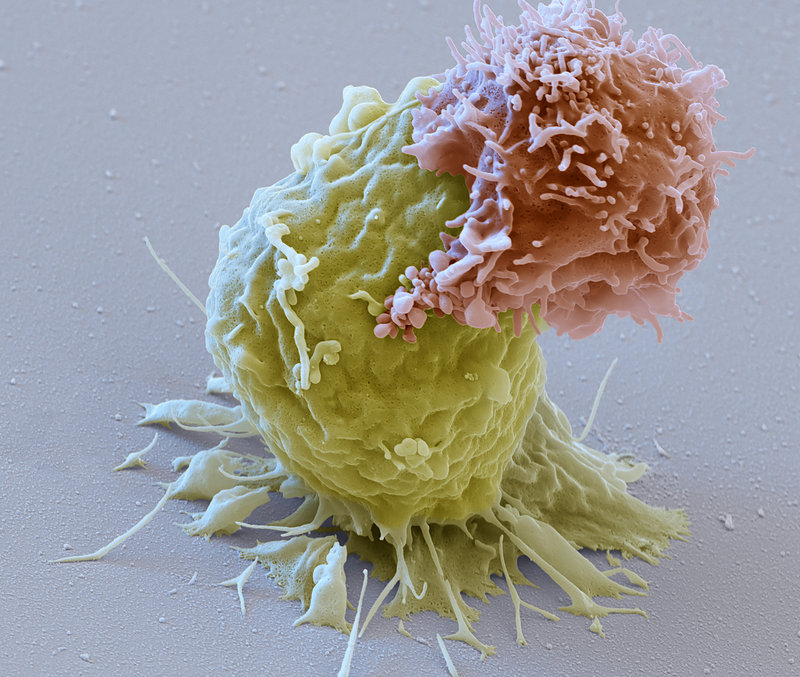
Even modest diet swaps — like eating less red meat, more fish and vegetables — can make a difference in health, experts say.
With more than one-third of U.S. adults suffering from obesity, it’s no surprise that many Americans would benefit from healthier eating habits. Fad diets capitalize on our desire for quick results but usually fail in the long run.
Now new research adds to the evidence that a more moderate approach can make a lasting difference.
A study from the Harvard T.H. Chan School of Public Health finds that improving the quality of diet over time, even with modest changes, may significantly reduce the risk of premature death.
Improvements to diet included consuming more whole grains, vegetables, fruits, nuts, and fish and eating less red and processed meats and sugary beverages.

7 bad habits that could be wrecking your diet
“Overall, our findings underscore the benefits of healthy eating patterns including the Mediterranean diet and the DASH diet. Our study indicates that even modest improvements in diet quality could meaningfully influence mortality risk and conversely, worsening diet quality may increase the risk,” lead author Mercedes Sotos-Prieto, who worked on the study while a postdoctoral fellow in the Harvard Chan School department of nutrition and who is currently an assistant professor of nutrition at Ohio University, said in a statement.
For the study, published in the New England Journal of Medicine, Sotos-Prieto and her team analyzed data on nearly 74,000 adults over a 12-year period. The researchers assessed the participants’ diet using three different scoring methods: the 2010 Alternate Healthy Eating Index, the Alternate Mediterranean Diet score, and the Dietary Approaches to Stop Hypertension (DASH) diet score. Each model assigns scores to various types of food, with healthier foods receiving higher scores and less healthy foods receiving lower scores.
The results showed that better diet quality over a 12-year period was linked to a reduced risk of death in the subsequent 12 years, no matter which method of scoring was used. Whole grains, fruits, vegetables and fish or n-3 fatty acids appeared to contribute most to an improvement in diet quality.
Specifically, the study showed that a 20-percentile increase in diet-quality scores was associated with an 8 to 17 percent reduction in the risk of death.
That can be achieved, for example, by swapping out just one serving of red or processed meat and replacing it with one daily serving of nuts or legumes.
In contrast, worsening diet quality was linked to a 6 to 12 percent increase in the risk of death.

Good foods for brain health
Nancy Z. Farrell, a registered dietitian nutritionist and spokesperson for the Academy of Nutrition and Dietetics, said the findings reinforce the work she does every day with her patients.
“Registered dietitian nutritionists practice evidence-based science every day in encouraging and educating the public on disease prevention and treatment, and we know that chronic disease increases the cost of health care and drives up insurance premiums,” she told CBS News.
Farrell says everyone can benefit from making smart diet swaps as often as possible.
“Have a ‘meatless Monday’ dinner where you incorporate beans or legumes, such as red beans and quinoa. Or have a veggie pizza night,” she suggests.
When it comes to snacking, avoid high-calorie junk foods like potato chips and opt for a handful of nuts, or make your own trail mix with nuts, seeds, and dried fruit.
And if you’re looking for a sweet treat, skip the ice cream and try freezing some fruit instead.
“Blueberries or blackberries offer a refreshing summer snack with a burst of coolness,” Farrell said.
Importantly, experts say it’s crucial to not only incorporate such changes into your diet, but to stick with them over time.
“Our results highlight the long-term health benefits of improving diet quality with an emphasis on overall dietary patterns rather than on individual foods or nutrients,” said Frank Hu, professor and chair of the Harvard Chan School department of nutrition and senior author of the study. “A healthy eating pattern can be adopted according to individuals’ food and cultural preferences and health conditions. There is no one-size-fits-all diet.”
[Source”timesofindia”]

